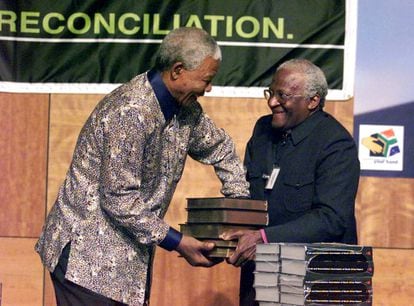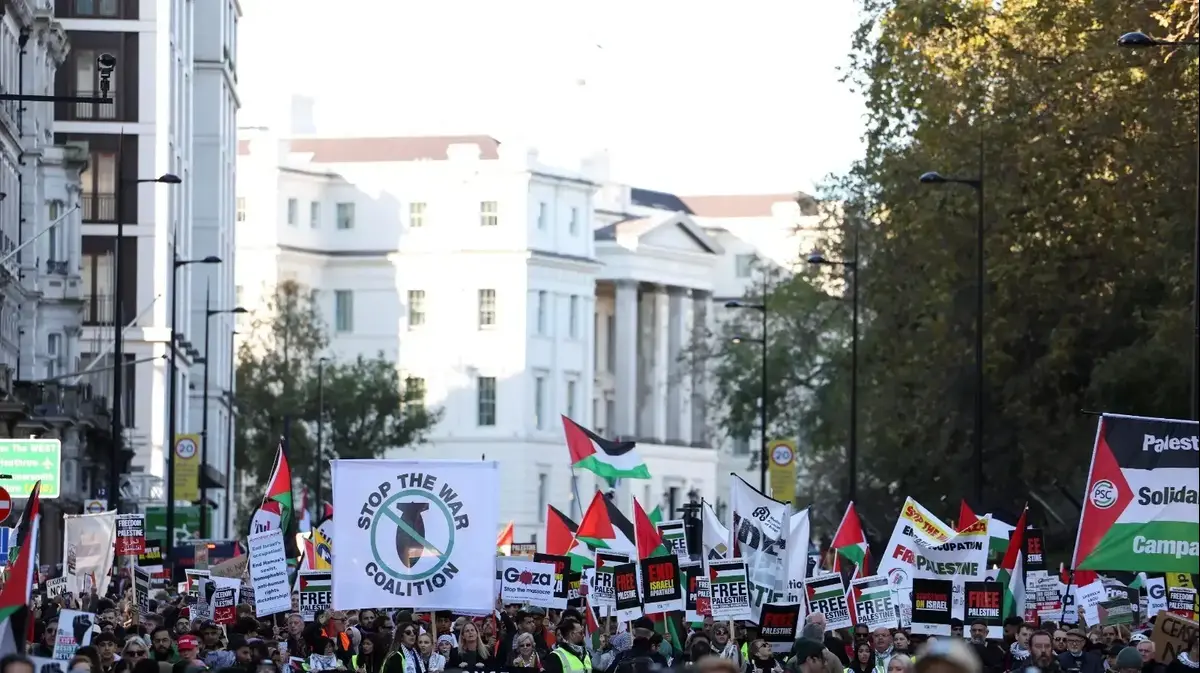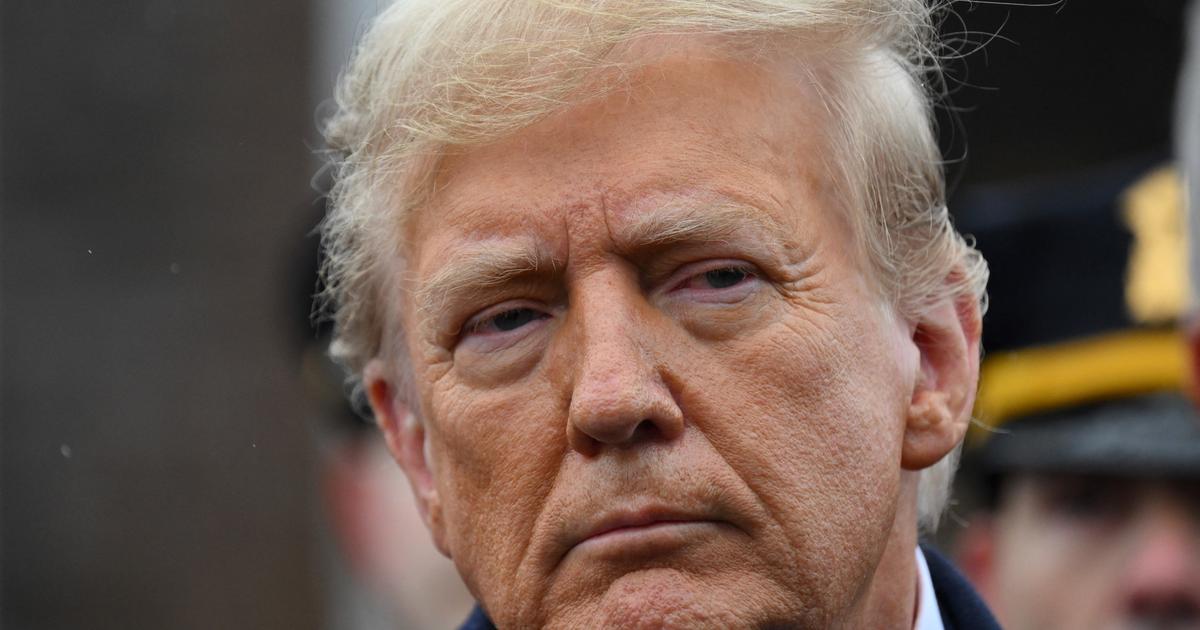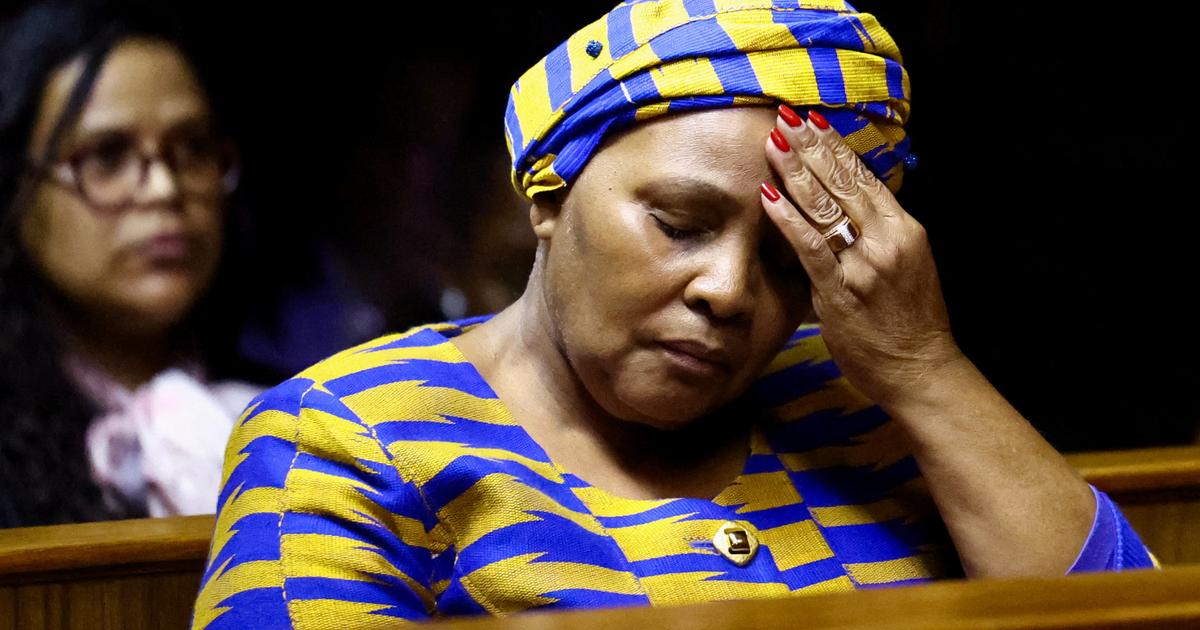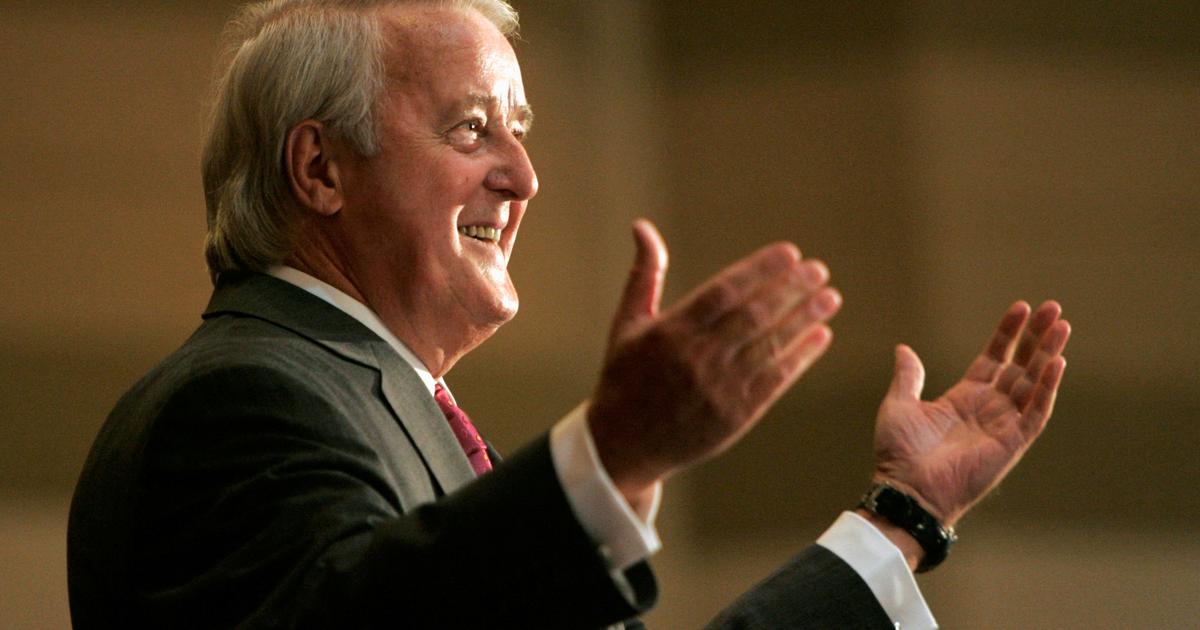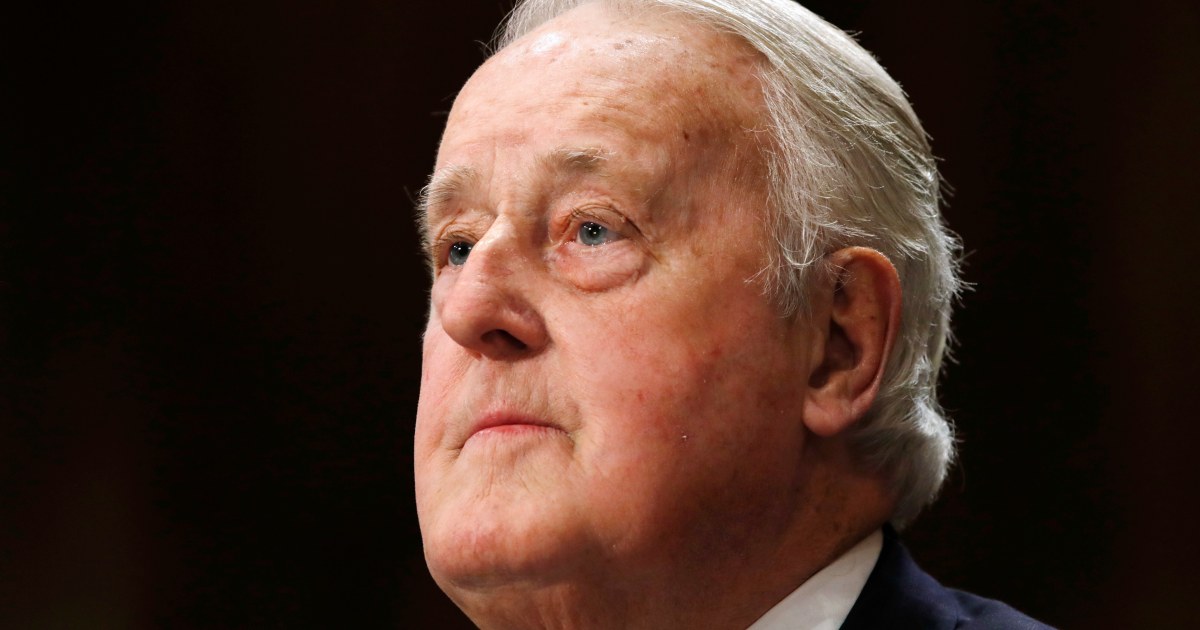South African Archbishop Desmond Tutu, a symbol of the struggle against
apartheid
in South Africa, has died at the age of 90 in Cape Town, South African President Cyril Ramaphosa announced this Sunday.
Tutu, who received the Nobel Peace Prize in
In 1984 for his activism against the racial segregation regime, he had been hospitalized earlier this month due to an infection. South Africa will remember him forever for his kind laugh, for acting as a moral compass in the darkest times and for throwing himself on his back, along with leaders like Nelson Mandela, the thorny task of reconciling the nation after the conquest of democracy (1994 ). Tutu was also a benchmark in conflict resolution. He spoke out on several occasions on the peace process in the Basque Country, first urging ETA to ceasefire and, later, campaigning for the release of Arnaldo Otegi.
"The death of Archbishop Emeritus Desmond Tutu is another episode of national mourning in the farewell to a generation of prominent South Africans who have given us a liberated South Africa," Ramaphosa said in a statement issued by the South African Government.
More information
Photogallery: The Life of Desmond Tutu
The president has expressed "on behalf of all South Africans", his deep sadness after the death of this essential figure in the country's history and has highlighted his extraordinary intelligence, integrity and strength in the fight against
apartheid
.
Statement on the passing of Archbishop Emeritus Desmond Mpilo Tutu https://t.co/R4UKP0kGes
- Presidency |
South Africa 🇿🇦 (@PresidencyZA) December 26, 2021
Born in Klerksdorp (South Africa) on October 7, 1931, at the age of 12 he emigrated to Johannesburg. As a child he suffered from poliomyelitis, an experience that marked him to the point of wanting to study medicine, but his family could not pay for those studies. Ordained a priest of the Anglican Church at age 30, he studied and taught in the UK and Lesotho before settling in Johannesburg in 1975.
In 1978, in the wake of the Soweto riots two years earlier, South Africa was in chaos, and the archbishop was persuaded to become secretary general of the South African Council of Churches. It was from this position that Tutu became both a national and international figure, leading the fight for justice, reconciliation and an end to
apartheid
, challenging white society and the racist government.
“Apartheid, separate development or whatever you call it, is evil ... It is anti-Christian and unscriptural. If someone proves otherwise, I will burn my bible and stop being a Christian, ”Tutu protested to
apartheid
officials
in 1982. Two years later, he was awarded the Nobel Peace Prize. Appointed archbishop in 1986, he was the first black person to lead the South African Anglican Church.
In 1995, the then South African president Nelson Mandela appointed him president of the Truth and Reconciliation Commission, a body created to investigate human rights violations that occurred under
apartheid
.
A prostate cancer, diagnosed in 1997, was about to end his career, but he remained one of the great figures of South African civil society until 2010, when he announced his retirement from public life, at the age of 79.
Archbishop Desmond Tutu with then-South African President Nelson Mandela in 1998.
Tutu, however, continued to work with the peace center that bears his name and tackling a variety of issues, including the corruption of his country's political elite.
The big issues of international politics did not escape his criticism either, lashing out at his own Church to defend gay rights, advocating for a Palestinian state, or pointing out in September 2012 that former US President George Bush and former British leader Tony Blair should be tried by the International Criminal Court in The Hague for the war in Iraq.
But it was in his own country where his comments penetrated the most.
At the end of 2011, Pretoria did not grant a visa in time for the Dalai Lama, whom he had invited when he turned 80, accused the power of having given in to pressure from China.
In 2014, he was awarded the International Catalunya Prize, which honors people who have contributed to the development of cultural, scientific or human values around the world, in response to his "constant struggle to improve the living conditions of South Africans" , in addition to his "vigorous struggle for the improvement of the social conditions of the oppressed."
One of his last public appearances was in May 2021, when he went to get vaccinated against covid-19.
In October, a frail-looking Tutu was seen being brought to his old parish at St. George's Cathedral in Cape Town, which used to be a safe haven for anti-
apartheid
activists
, for a special Thanksgiving service that commemorating his 90th birthday.
Follow all the international information on
and
, or in
our weekly newsletter
.

